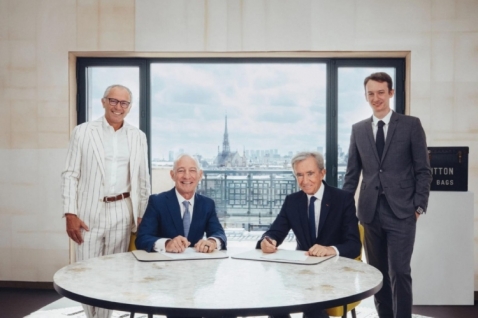
This paid program is the city's way of attracting more wealth.
The Asian metropolis has decided to grant residency to those who invest 30 million Hong Kong dollars ($3.8 million USD), according to Bloomberg on Tuesday. The program, named the Capital Investment Entrant Scheme, which was in effect from 2003 to 2015, is now being reintroduced in response to the city's slowdown in recent years.
The investment program for acquiring residency will start in the middle of next year and is expected to bring in about $15.4 billion annually, according to Christopher Hui, the city's Secretary for Financial Services and the Treasury. Hui added that about 4,000 people could participate in the program each year.
Even before the pandemic, Hong Kong experienced a population outflow, partly due to anti-democratic policies in the city. There was also a decline in the local real estate market, resulting in reduced land sale revenues. This slowdown led city officials to turn to new (or old) forms of growth, such as the residency program.
The plan will require a mandatory investment of approximately $384,322 in a portfolio supporting local technology and other innovations, according to Bloomberg. Other potential assets include stocks, loans, and funds. Residential real estate will be excluded from the program, and industrial and commercial properties will be limited to $1.3 million.
Hong Kong's reliance on the paid residency program is not new - neither for that city nor for others around the world. For years, many countries have granted residency to foreigners in exchange for financial investment. For example, in Europe, the demand for so-called golden visas exploded over the summer, with countries like Portugal, Greece, Spain, and Italy seeing an increase in applications and issuances.
However, like Hong Kong a few years ago, some countries have tightened the rules on who can obtain residency. Ireland and the United Kingdom recently ended their programs, after facing the issue of wealthy people being able to buy their way into these countries. Opponents of such programs argue that they raise real estate prices and displace the local population.
For now, it seems that Hong Kong is disregarding these concerns and betting on foreign investment to restore some of the city's wealth."















